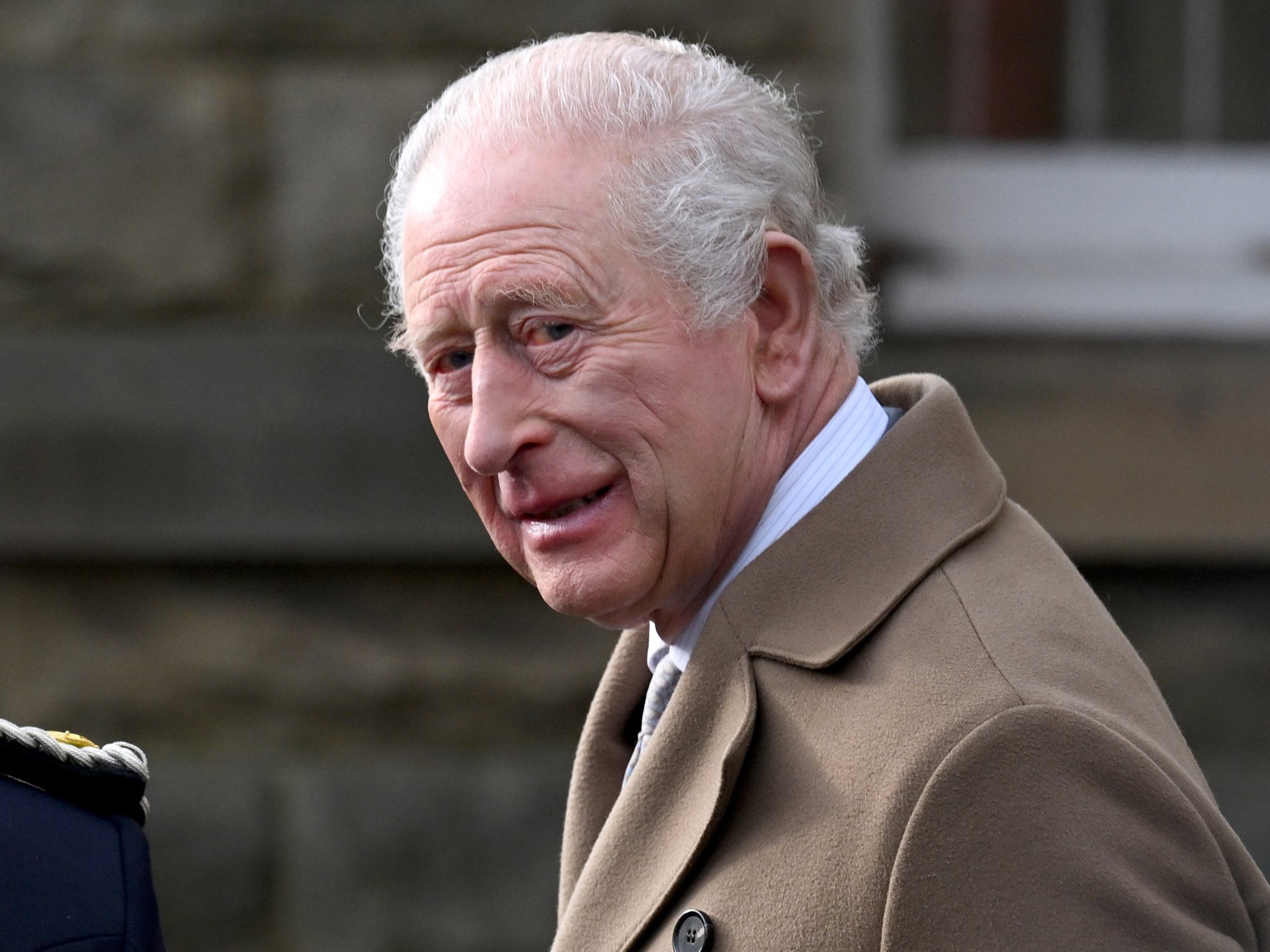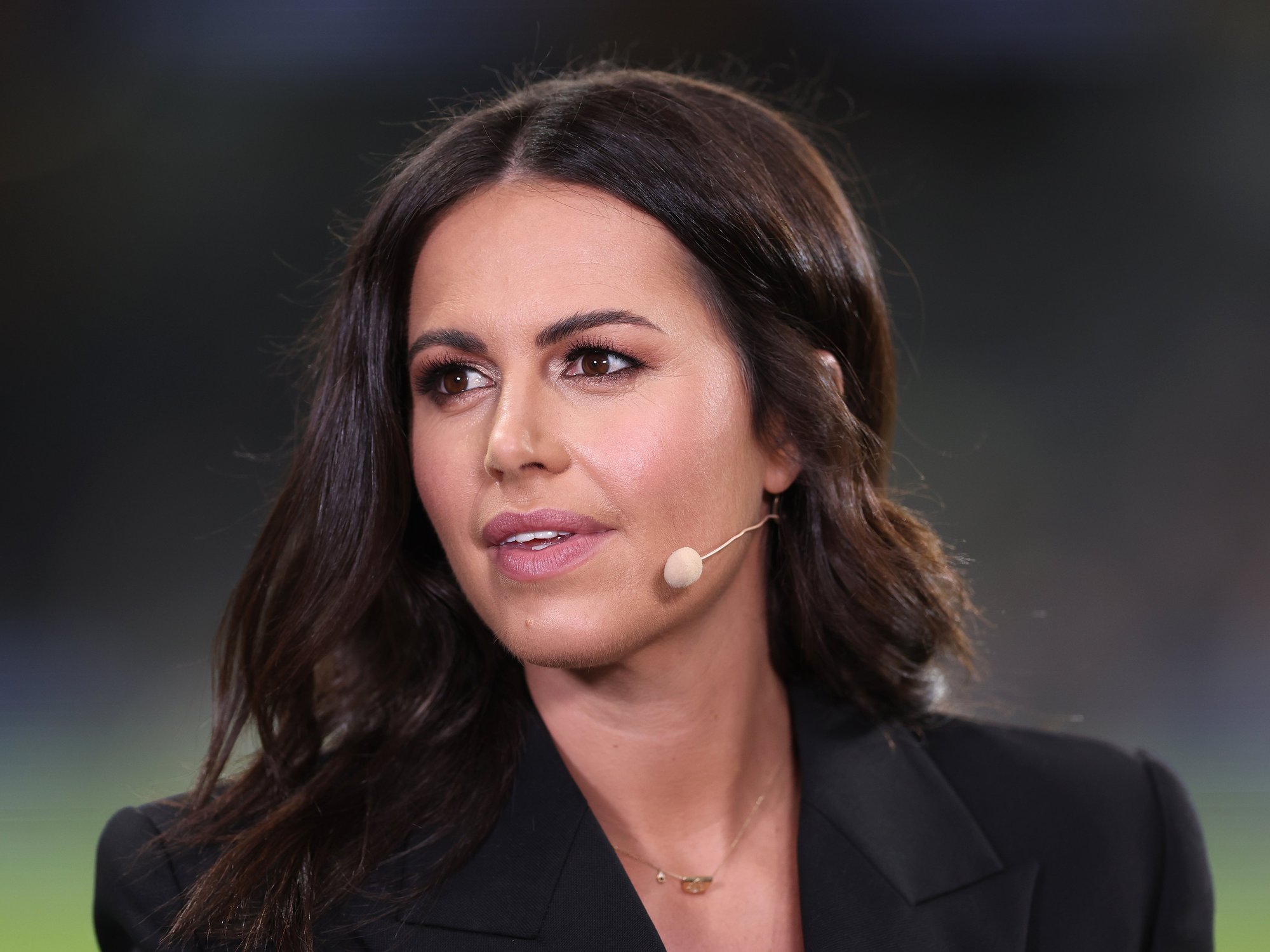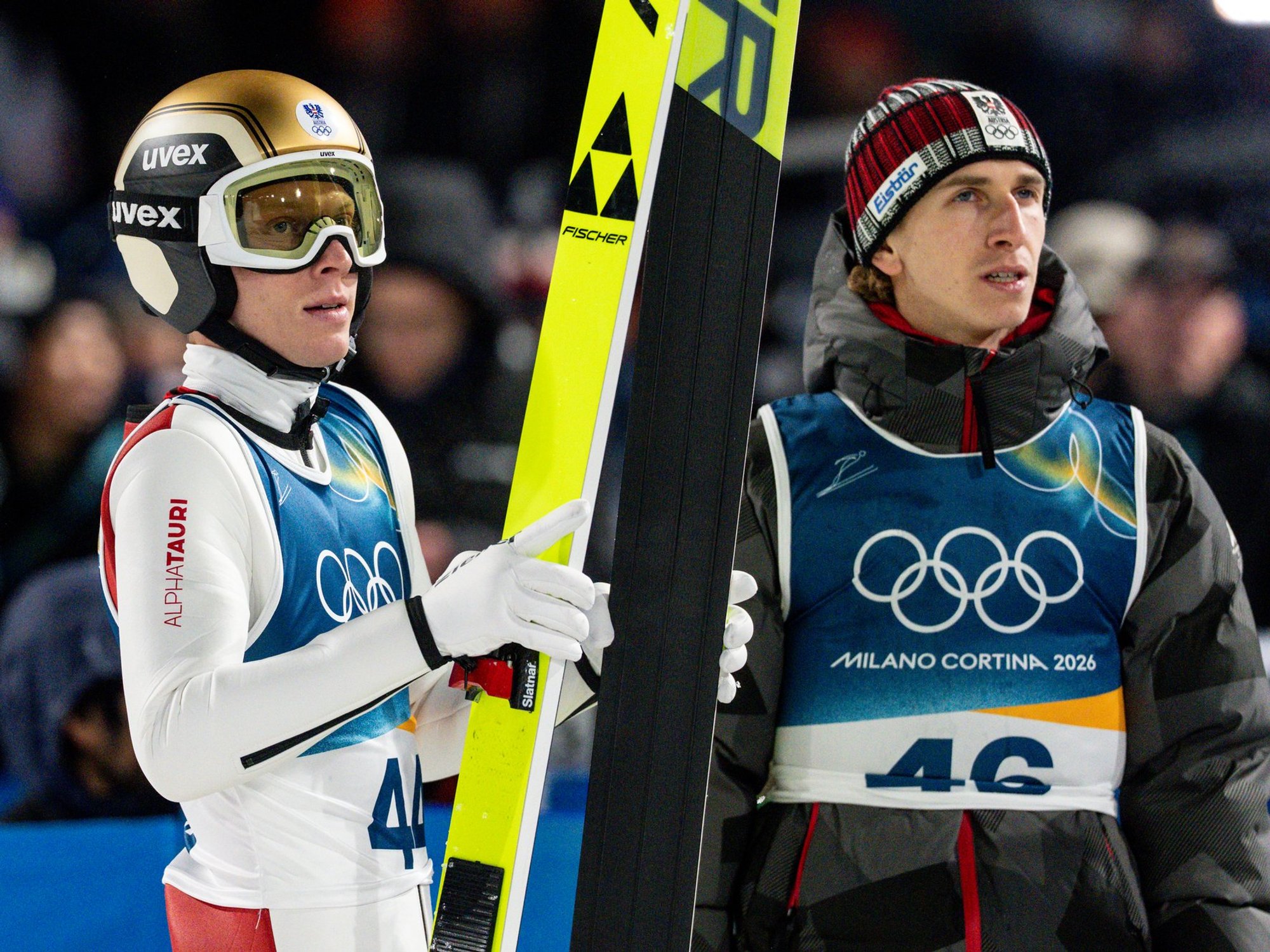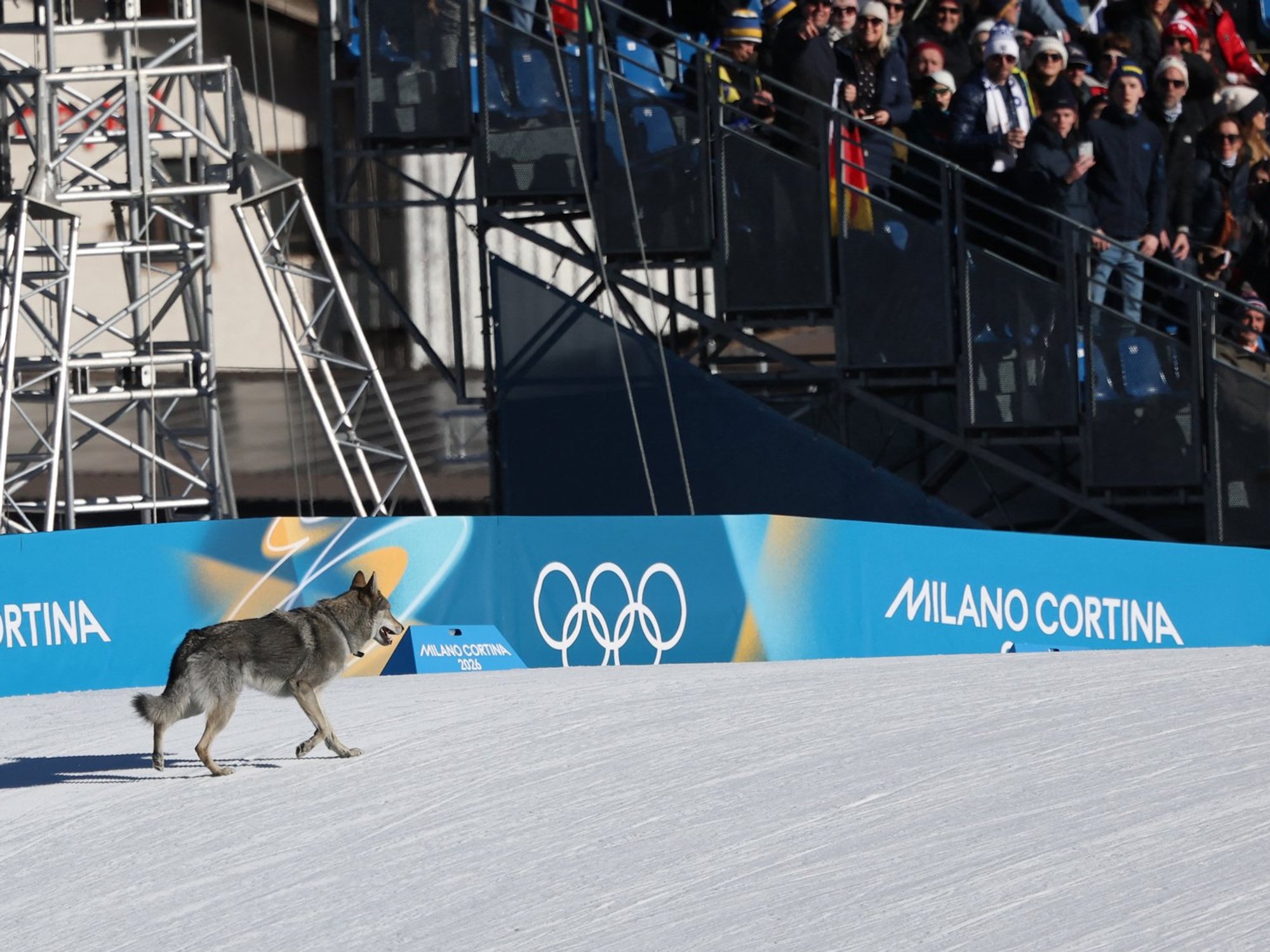Breathing room for Scholz as his SPD party fends off hard-right AfD in local German election
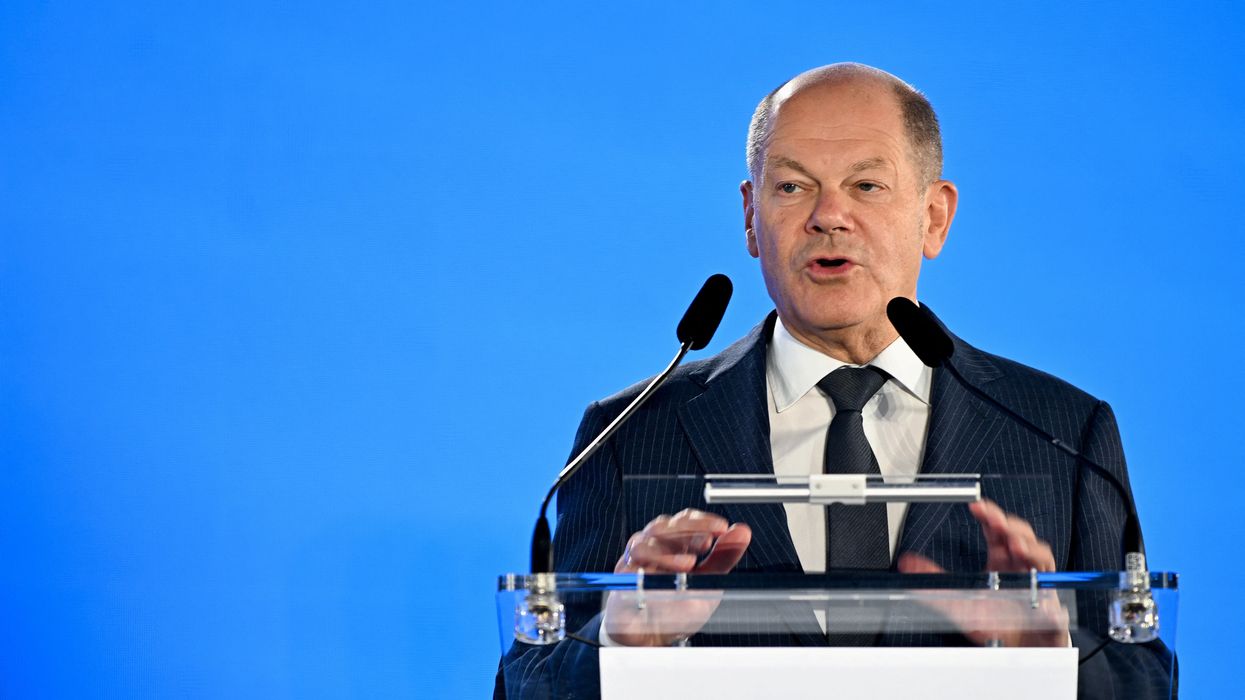
Olaf Scholz’s Social Democratic Party (SPD) have narrowly beaten the hard-right Alternative for Germany (AfD)
|Reuters

The SPD finished first in Brandenburg with 30.9 percent of the vote, followed by the AfD with 29.2 percent
Don't Miss
Most Read
Olaf Scholz’s Social Democratic Party (SPD) have narrowly beaten the hard-right Alternative for Germany (AfD) in a key regional election in Brandenburg.
Exit polls in Scholz’ home state showed that the centre-left party managed to hold onto the area by just one or two percentage points.
The SPD finished first in Brandenburg with 30.9 percent of the vote, followed by the AfD with 29.2 percent.
The results will come as a relief for Scholz who is struggling to hold his three-party coalition together. His approval ratings have also hit a record low and he was asked not to campaign in the state due to his unpopularity.
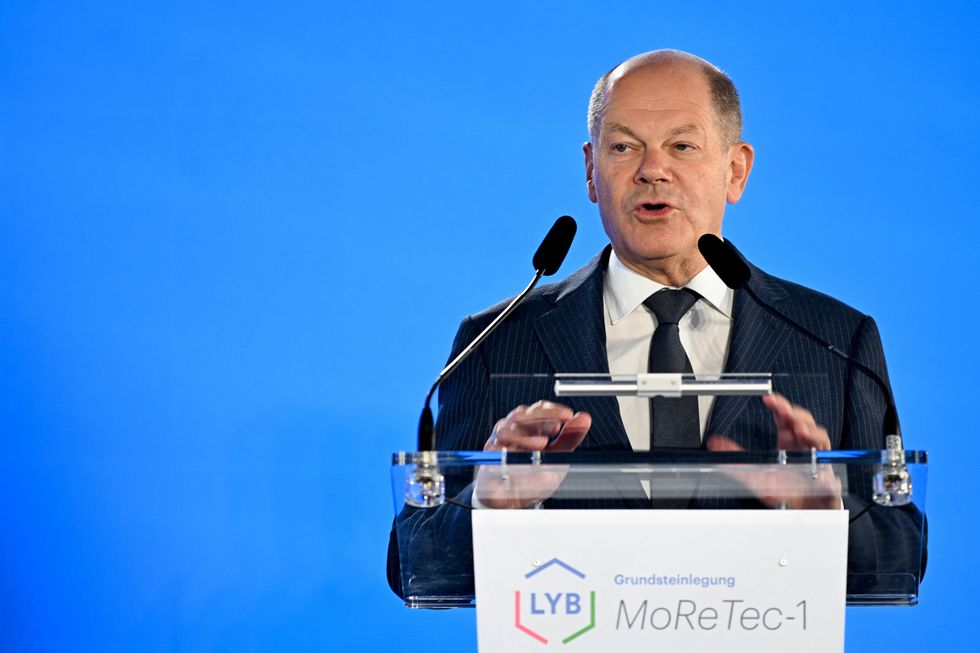 Olaf Scholz’s Social Democratic Party (SPD) have narrowly beaten the hard-right Alternative for Germany (AfD) | Reuters
Olaf Scholz’s Social Democratic Party (SPD) have narrowly beaten the hard-right Alternative for Germany (AfD) | ReutersA loss in the rural state which the SPD had controlled since German reunification in 1990 would have likely shattered his plans to seek another term as Chancellor in the country’s federal elections next year.
Scholz was quoted as saying, “A great result, very great for the SPD, and for all of us,” according to Politico.
The predicted results are also a blow to the AfD, who were polling high. It became the first hard-right party to win a state election in Germany since World War Two, in the eastern state of Turingia.
In neighbouring Saxony, it emerged a close second with 30 per cent.
However, despite the loss, the provisional results confirmed the rise of the AfD, which increased its vote in Brandenburg by 6.5 per cent since the last election in 2019.
LATEST DEVELOPMENTS:
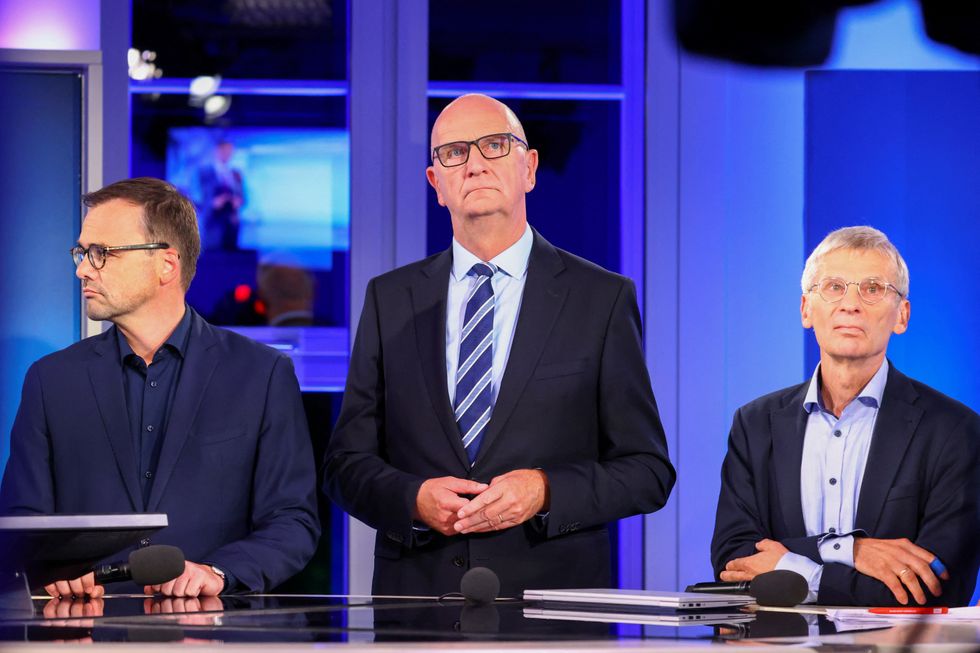
Brandenburg state premier and top candidate of Germany's Social Democratic Party (SPD) Dietmar Woidke, Christian Democratic Union (CDU) top candidate for the Brandenburg election Jan Redmann and Alternative for Germany (AfD) top candidate Hans-Christoph
|Reuters
Dietmar Woidke, 62, Brandenburg’s popular SPD leader, pledged to step down if the AfD won the seat, a move which appears to have helped maximise the centre-left party’s vote.
“We have managed to catch up like never before in the history of our country,” Woidke said. “It was a hard piece of work. As so often in history, it was the Social Democrats who stopped extremists on their way to power.”
He continued: “It was a very challenging campaign for us, but decisively we had a clear goal: we wanted to defend this state against a partly openly Right-wing extremist party.
“We need to wait and see who can be in parliament [to form a coalition],” he added, referring to the Greens.
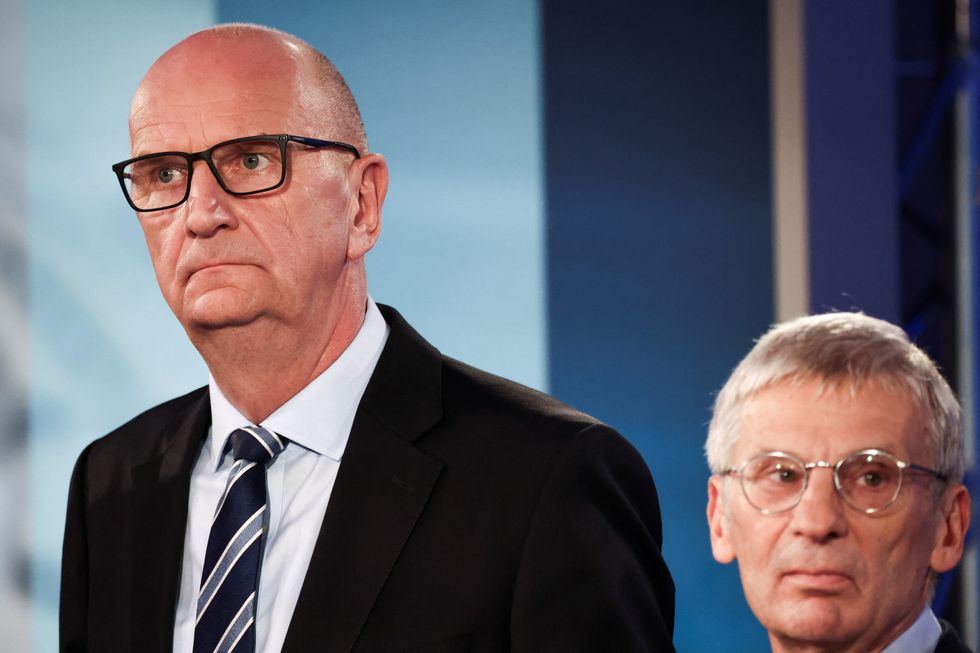
Brandenburg state premier and top candidate of Germany's Social Democratic Party (SPD) Dietmar Woidke and right-wing Alternative for Germany (AfD) Brandenburg top candidate Hans-Christoph Berndt
|Reuters
As part of his strategy, Woidke decided to ban Scholz from campaigning with him due to the chancellor’s deep unpopularity.
Kevin Kuhnert, SPD’s general secretary, said: “For us in the national SPD, when it goes well tonight the problems ahead of us don’t get bigger or smaller.
“We have a long process ahead of us if we want success in next year’s federal elections.”
Earlier this month, Scholz called on other parties to block the “right-wing extremists” AfD from office.
He described the results in Thuringia and Saxony as “bitter” and “worrying”.
“The AfD is damaging Germany. It is weakening the economy, dividing society and ruining our country's reputation,” he said in a previous statement to Reuters.






